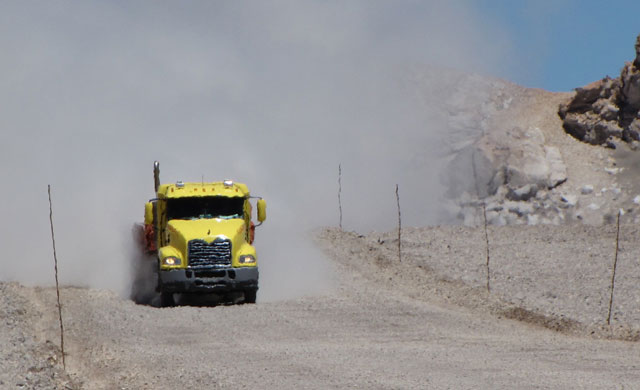Imagine that you expect to buy something on a regular basis for the next couple of decades, say a Big Mac or golf club membership. So the question is: would you prefer it if the purchase price fell or went up over time?

Exactly. You want prices to fall so that you gain the value at less expense.
And so it is with shares. If you have analysed a company and concluded that each share is worth X, would you prefer it if the price Mr Market is asking goes to X + 30% or to X – 30%?
If you are not a dis-investor, i.e. running down your portfolio, my guess is that as more cash comes in you’ll want to pay a lower price that gives you that great value, a price lower than expected, or indeed what you might have paid only a couple of months ago.
So, for those shares you’ve bought which then fall in the market by say 30%, celebrate.
This is the time to buy VALUE at a lower PRICE. If you have thoroughly analysed the intrinsic value coming from the likely future income flow to shareholders then you welcome lower prices. (I did this with my Smiths News investment, eventually buying half my holding at 15.1p (averaged paid 28p). They are now 52p, and I believe intrinsic value to be £1 – see newsletters in 2020 on Smiths News)
When will the market price rise up to your intrinsic value estimate?
Nobody knows. But it will eventually. There will be some sort of trigger, maybe two or three years down the line, that will switch Mr Market’s attention to your company.
You just have to buy when there is a large gap between value and price – and then be patient (and hope you can buy some more at an even lower price).
What about market declines?
The FTSE 250 index of medium sized UK is down over the last 20 months by 21% and a very high proportion of UK shares are on single digit price earnings ratios. Mr Market has had a shock and is in a mood for giving away many good quality shares at bargain prices. In many cases intrinsic value is double the asking price. It’s a great time to be an investor in UK shares.
And in the future you will experience a decline in the market of at least 10% roughly every two years (a “correction”); and roughly every six years we’ll experience falls of 25% or more (a “bear market”) – of course, they won’t come at neat intervals, you might get two in consecutive years and then none for a decade.
Dramatic market declines are normal. What is abnormal is people’s reaction to them. Instead of saying “great, now I can buy value at a lower price” they say “oh no, I’m 25% poorer. I hate shares. I’m going to be ultra cautious in future, at least for a while”. (Value has not decreased – it’s the same as it was before Mr Market changed his mood)
Then, later, these people will get excited about buying shares after they have risen a lot “look, shares have been a great investment the last couple of years, I’m going to jump on board this train” – all caution going out the window then.
Peter Lynch, a great investor, said “You should study history…You need to know the market is going to go down sometimes. If you’re not ready for that, you shouldn’t own stocks… And it’s good when it happens {a market decline}. If you like a stock at $14 and it goes to $6, that’s great. You understand the company. You look at the balance sheet. They’re doing fine. You are hoping to get to $22 with it; $14 to $22 is terrific, $6 to $22 is exceptional, so you take advantage of these declines. They’re {declines} are going to happen, and no one knows when they’re going to happen. People will tell you after the fact that they predicted it, but they predicted it 53 times. So, you can take advantage of the volatility of the market if you understand what you own. So, I think that’s a key element.” (Peter Lynch 8 October 1994 Lecture to the National Press Club)
Professor Glen Arnold now offers a Managed Portfolio Service at Henry Spain Investment Services under which clients’ portfolios contain the same shares as his (write to Jackie.Tran@henryspain.co.uk)
Risk Warnings: Past performance is no guarantee of future results. Certain investments carry a higher degree of risk than others and are, therefore, unsuitable for some investors. The value of investments, and the income from them, can go down as well as up, and you may not recover the amount of your initial investment. Where an investment involves exposure to a foreign currency, changes in rates of exchange may cause the value of the investment, and the income from it, to go up or down. Opinions constitute our judgement as of this date and are subject to change without warning. Neither Henry Spain nor any connected company accepts responsibility for any direct or indirect or on sequential loss suffered by you or any other person as a result of your acting, or deciding not to act, in reliance upon any information contained in this Leaflet. Before contemplating any transaction, you should consider whether you require any advice from a financial adviser which we would be happy to provide. The Managed Portfolio Service will be a fully advised process and advise charges will apply. This is a financial promotion. Henry Spain is authorised and regulated by the Financial Conduct Authority. Registered in England and Wales No. 7118506. Registered Office: 49a High Street, Market Harborough, Leicestershire, LE16 7AF.

 Hot Features
Hot Features













